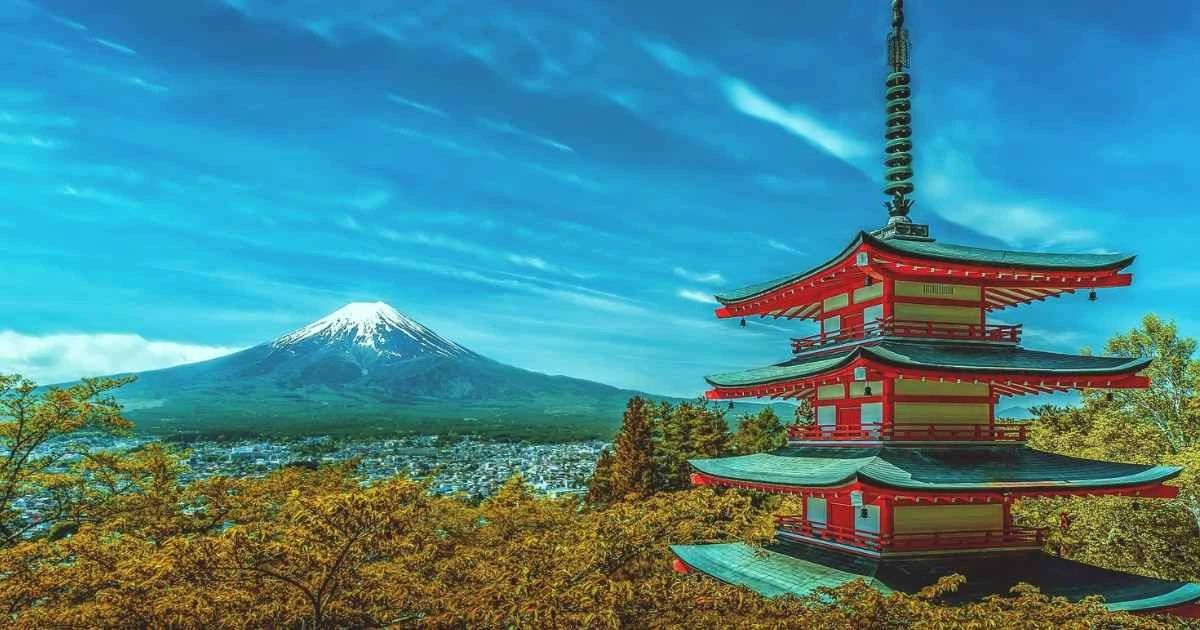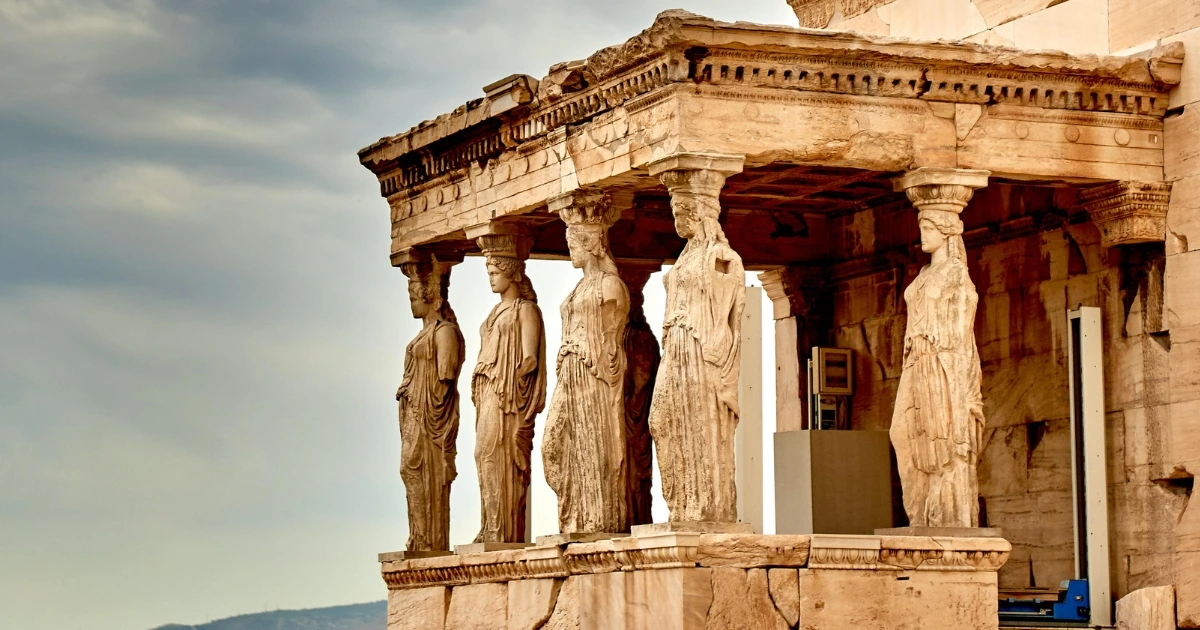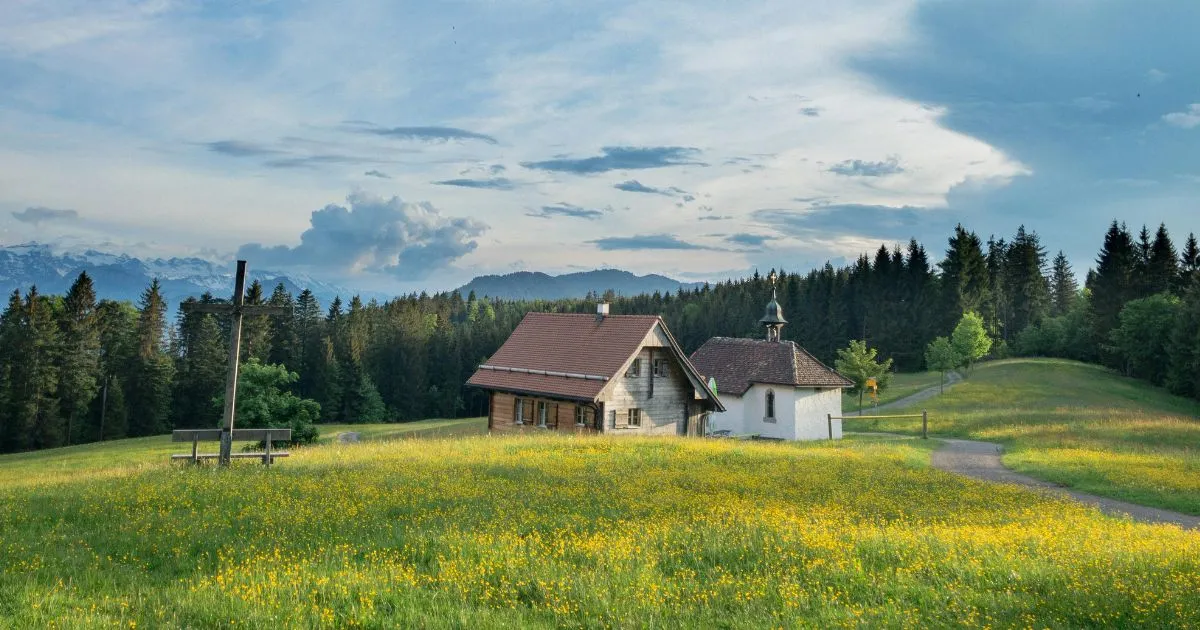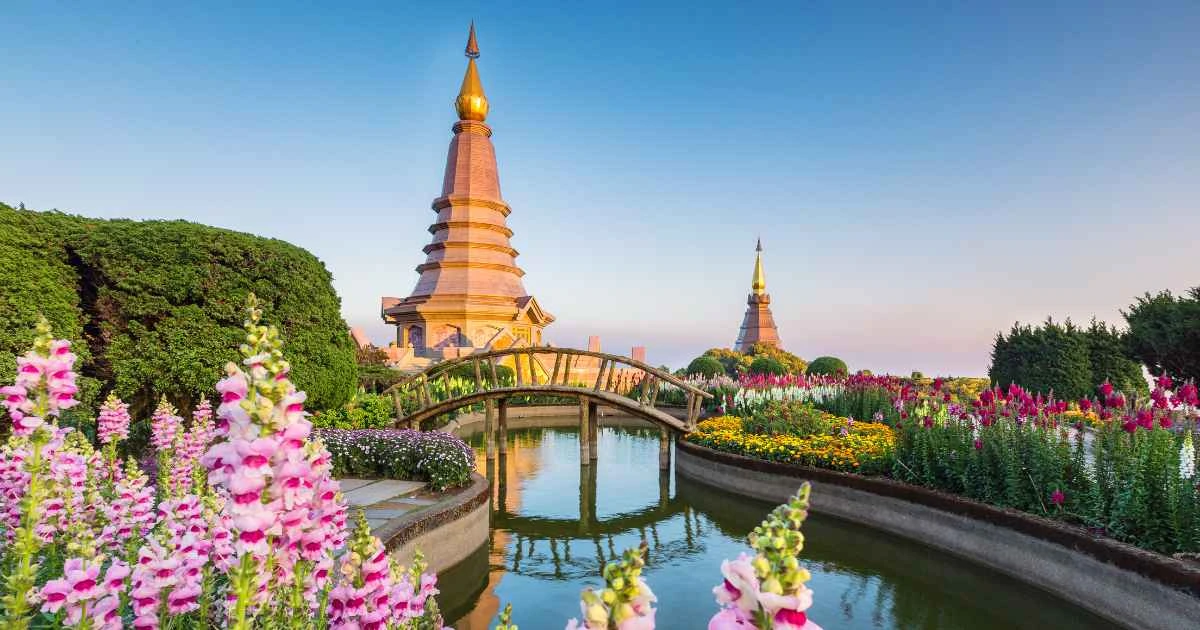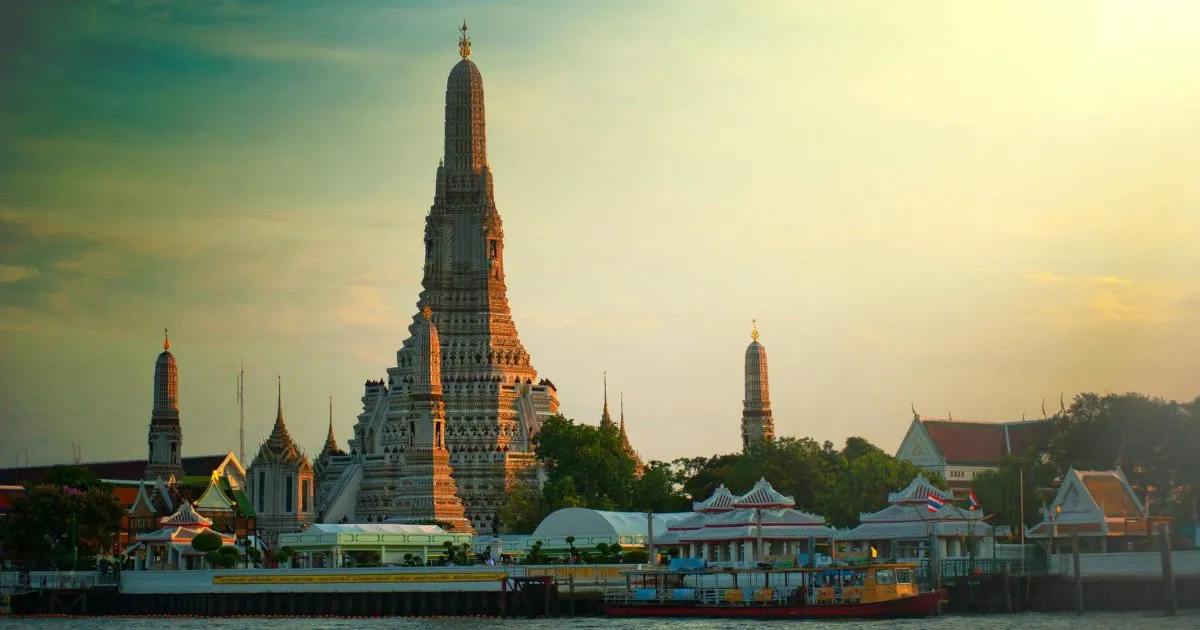Japan Travel Itinerary 10 Days: The Complete Guide
Japan blends ancient traditions with cutting-edge modernity, creating an unforgettable destination for travelers seeking cultural immersion. From serene temples and bustling metropolises to picturesque countryside and world-class cuisine, Japan offers something for everyone. This japan travel itinerary 10 days is designed for first-time visitors who want to experience Japan’s highlights while maintaining a comfortable pace. Whether you’re fascinated by history, food, technology, or natural beauty, Japan delivers unforgettable experiences at every turn.
Table of Contents
Key Takeaways
- Best experiences: Tokyo’s energy, Kyoto’s temples, Osaka’s food scene, and Mt. Fuji’s majesty
- Best time to visit: Spring (March-May) for cherry blossoms or Fall (October-November) for autumn colors
- Budget: Approximately $150-250 per day excluding flights (mid-range accommodations and dining)
- Recommended travel styles: Solo travel is safe and convenient; couples will find romantic settings; families can enjoy theme parks and interactive museums
- Muslim-friendly aspects: Major cities have increasing halal options and prayer spaces in tourist areas
Japan Travel Itinerary 10 Days
Day 1: Tokyo
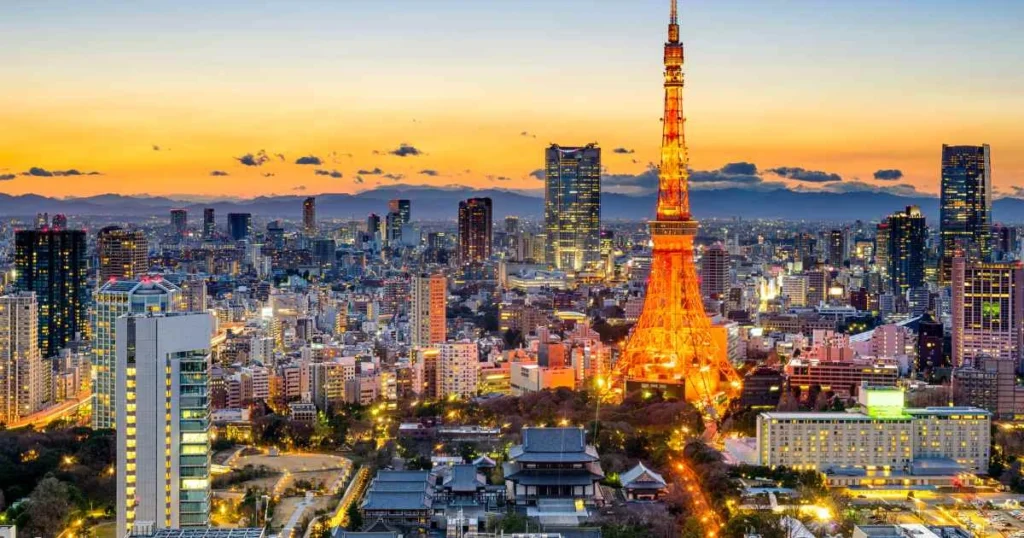
1. Shibuya Crossing & Shopping District
Experience the famous scramble crossing where thousands cross simultaneously when lights change. This iconic intersection epitomizes Tokyo’s energy and is perfect for people-watching. After taking photos from the Starbucks overlooking the crossing, explore the surrounding shopping district with its fashion boutiques and department stores.
Useful info: Free to visit; best times are late afternoon and early evening; accessible via Shibuya Station (multiple train lines)
2. Meiji Shrine & Harajuku
Escape the urban bustle at Meiji Shrine, a peaceful Shinto shrine set in a 170-acre forest in central Tokyo. The contrast between the serene shrine and nearby Harajuku’s trendy Takeshita Street creates a perfect introduction to Tokyo’s dual nature.
Useful info: Shrine is open sunrise to sunset; free entry; visit early morning to avoid crowds; dress respectfully when visiting the shrine
Day 2: Tokyo
1. Senso-ji Temple & Asakusa
Start at Tokyo’s oldest and most significant Buddhist temple, dating back to 645 CE. The iconic Kaminarimon Gate with its massive red lantern leads to Nakamise Shopping Street, a 250-meter stretch of traditional shops selling snacks and souvenirs.
Useful info: Opens 6am-5pm (main hall); free entry; arrive early to beat tour groups
2. Tokyo National Museum
Discover Japan’s rich artistic heritage at this world-class museum housing over 110,000 items including samurai swords, ancient pottery, and exquisite kimono.
Useful info: 9am-5pm (closed Mondays); ¥1,000 entry fee; English audio guides available; located in Ueno Park which is worth exploring afterward
Day 3: Tokyo
1. TeamLab Borderless Digital Art Museum
Experience this revolutionary digital art space where artworks move, interact with visitors, and spread beyond room boundaries. The immersive installations create a dreamlike experience unlike traditional museums.
Useful info: Advance tickets required (¥3,200); typically open 10am-7pm; plan for 2-3 hours; comfortable shoes recommended
2. Tokyo Skytree & Sumida River Cruise
Ascend Japan’s tallest structure (634m) for breathtaking panoramic views of the sprawling metropolis. Later, take a relaxing river cruise on the Sumida River for a different perspective of Tokyo’s skyline.
Useful info: Skytree observation deck ¥2,100-¥3,100; last entry 8pm; river cruises approximately ¥1,000 for one-way trips
Day 4: Mt. Fuji
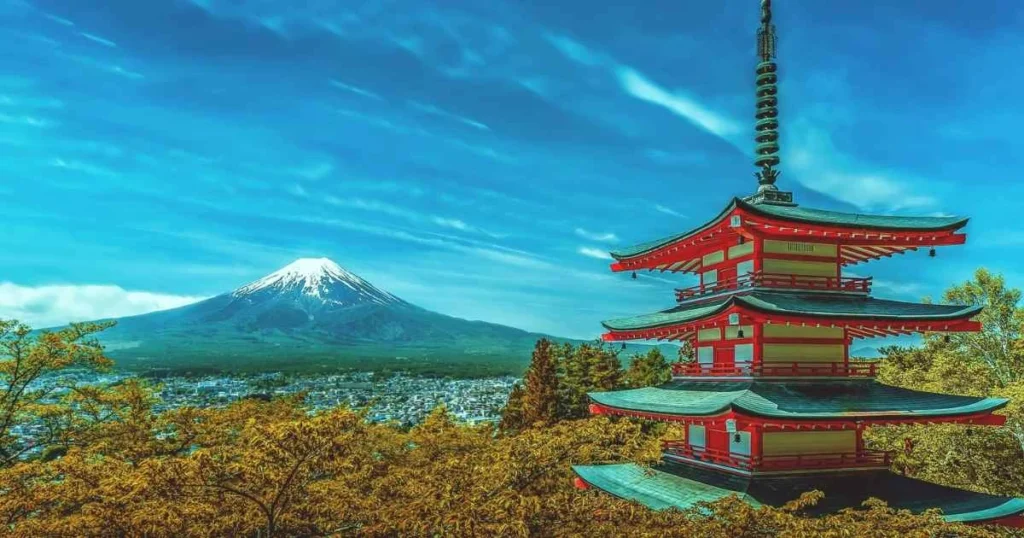
1. Lake Kawaguchiko Views
Visit this scenic lake for postcard-perfect views of Mt. Fuji reflected in its waters. The area offers beautiful nature walks, hot springs, and charming local shops.
Useful info: Best visibility in early morning or late afternoon; accessible via direct buses from Tokyo’s Shinjuku Station (2 hours)
2. Chureito Pagoda
Climb 400 steps to this striking five-storied pagoda for the classic view of Mt. Fuji framed by cherry blossoms in spring or vibrant leaves in autumn—one of Japan’s most photographed scenes.
Useful info: Free entry; open daily; best light for photography in morning hours; requires moderate fitness for the climb
Day 5: Kyoto
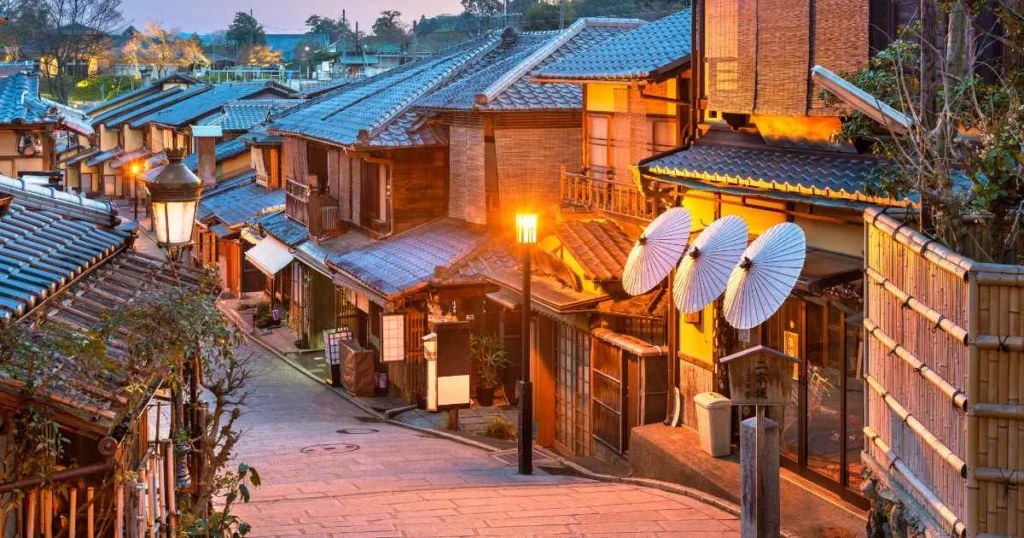
1. Bullet Train Experience
Ride the iconic Shinkansen bullet train from Tokyo to Kyoto, reaching speeds up to 320 km/h. This efficient and comfortable journey showcases Japanese efficiency and technology.
Useful info: Journey takes approximately 2.5 hours; reserved seats recommended; covered by Japan Rail Pass if you have one
2. Fushimi Inari Shrine
Visit this mesmerizing shrine famous for its thousands of vermilion torii gates winding up the mountainside. The complete hike takes 2-3 hours, but even a short walk provides memorable views and photos.
Useful info: Open 24/7; free entry; visit early morning or evening to avoid crowds; wear comfortable walking shoes
Day 6: Kyoto – Temple Touring
1. Kinkaku-ji (Golden Pavilion)
Marvel at this stunning Zen temple covered in gold leaf, beautifully situated beside a reflective pond. This UNESCO World Heritage site exemplifies classical Japanese garden design harmonized with architecture.
Useful info: Open 9am-5pm; ¥500 entry fee; no interior access; can get extremely crowded midday
2. Arashiyama Bamboo Grove & Monkey Park
Walk through the otherworldly bamboo forest, where towering green stalks create a natural corridor that seems to extend infinitely. Afterward, hike up to see the wild Japanese macaques at Iwatayama Monkey Park.
Useful info: Bamboo Grove is free and always open; Monkey Park costs ¥550, open 9am-4:30pm and requires a 30-minute uphill hike
Day 7: Kyoto – Traditional Experiences
1. Gion District & Geisha Spotting
Explore Kyoto’s famous geisha district with its preserved wooden machiya houses and exclusive teahouses. In the early evening, you might glimpse geiko (Kyoto’s geishas) and maiko (apprentices) hurrying to appointments.
Useful info: Best times for geisha spotting are 5:30-6pm; be respectful and don’t obstruct or photograph without permission; join a guided walking tour for cultural context
2. Tea Ceremony Experience
Participate in a traditional Japanese tea ceremony to learn about this ancient art form emphasizing mindfulness, respect, and harmony. The ritualized preparation and serving of matcha tea offers insight into Japanese aesthetics and philosophy.
Useful info: Various venues offer experiences from ¥2,000-5,000; typically lasts 45-60 minutes; advance booking recommended; En Tea House and Camellia are beginner-friendly options with English instruction
Day 8: Nara
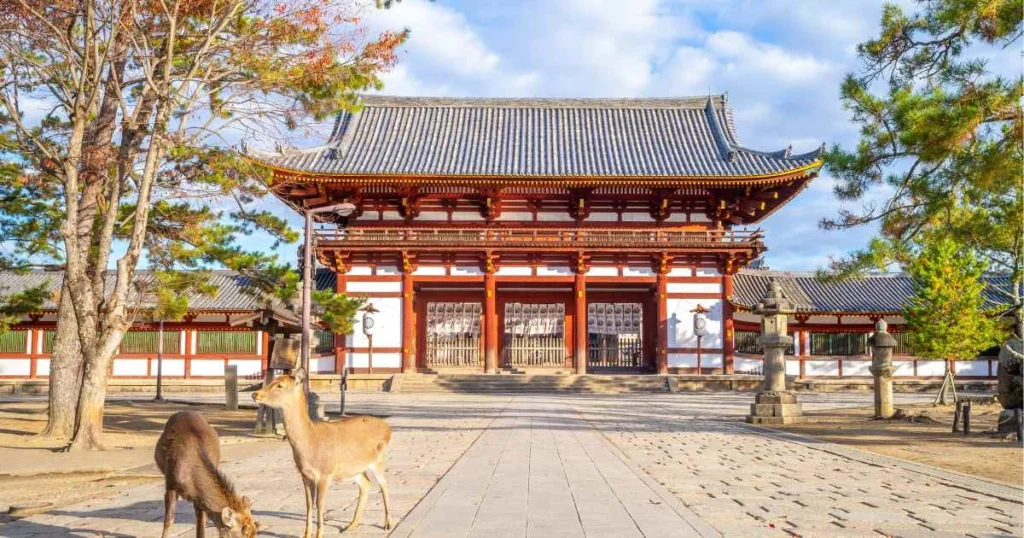
1. Nara Park & Deer Interaction
Meet Nara’s famous free-roaming deer, considered divine messengers in Shinto religion. Over 1,000 deer populate this spacious park and will bow for special deer crackers sold by vendors.
Useful info: Park is always open; deer crackers cost ¥200; be cautious as deer can be aggressive when food is visible; accessible by train from Kyoto (45 minutes)
2. Todai-ji Temple & Great Buddha
Enter Japan’s largest wooden building housing the world’s largest bronze Buddha statue (15 meters tall). This UNESCO World Heritage site dates back to 752 CE and remains an important center of Japanese Buddhism.
Useful info: Open 8am-5pm (seasonal variations); ¥600 entry fee; try squeezing through the famous wooden pillar with a hole supposedly the same size as the Buddha’s nostril for good luck
Day 9: Osaka
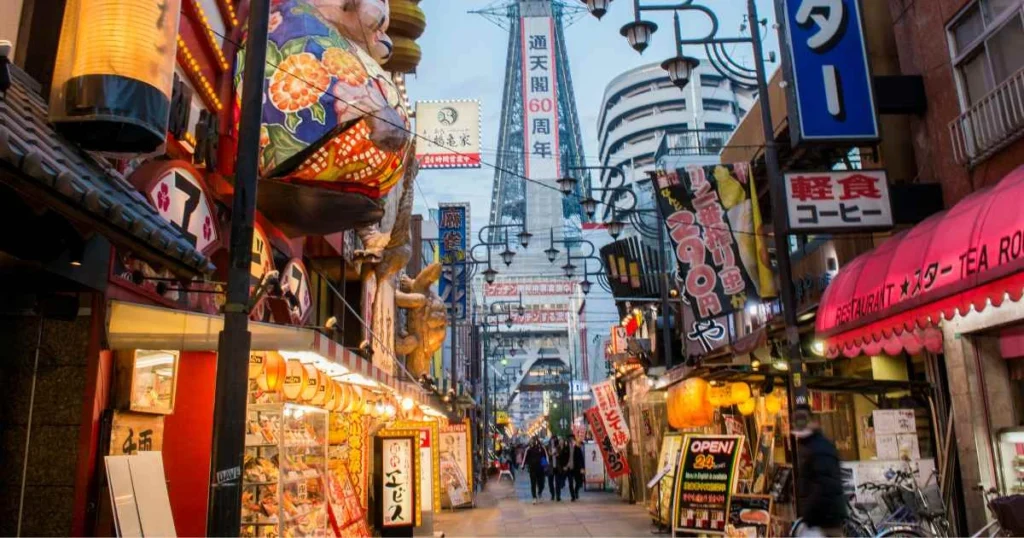
1. Osaka Castle & Park
Explore this reconstructed castle showcasing Japan’s feudal past through museum exhibits and architecture. The surrounding park is especially beautiful during cherry blossom season.
Useful info: Castle museum open 9am-5pm; ¥600 entry fee; closed some Mondays; elevator available to observation deck
2. Dotonbori & Street Food Experience
Dive into Osaka’s food paradise along the neon-lit Dotonbori canal. Try local specialties like takoyaki (octopus balls), okonomiyaki (savory pancake), and kushikatsu (deep-fried skewered foods) at street stalls and casual restaurants.
Useful info: Most lively in evening hours; budget around ¥3,000 for a food adventure; don’t miss the famous Glico Running Man sign for photos
Day 10: Osaka
1. Universal Studios Japan
Enjoy world-class entertainment at this popular theme park featuring attractions based on Harry Potter, Nintendo’s Super Mario, Jurassic Park, and more. The park balances international appeal with uniquely Japanese elements.
Useful info: Open 9am-8pm (varies seasonally); tickets from ¥7,800; Express Passes recommended to avoid long lines; arrive early for popular attractions
2. Umeda Sky Building
End your trip with sunset views from the unique “Floating Garden Observatory” connecting the twin towers of this distinctive skyscraper. The 360-degree open-air deck offers spectacular views of Osaka sprawling below.
Useful info: Observatory open 10am-10:30pm; ¥1,500 entry fee; particularly beautiful at twilight when city lights begin to sparkle
Conclusion
This 10-day itinerary offers a perfect blend of Japan’s contrasting elements: ancient traditions alongside futuristic innovation, serene natural settings next to pulsating urban environments, and refined high culture complementing playful pop culture. From Tokyo’s energy to Kyoto’s elegance and Osaka’s vibrant spirit, you’ll experience Japan’s most iconic sights while still having time to savor moments of discovery. While this itinerary covers major highlights, Japan rewards those who venture beyond the obvious, so don’t hesitate to make spontaneous detours when something catches your interest.

